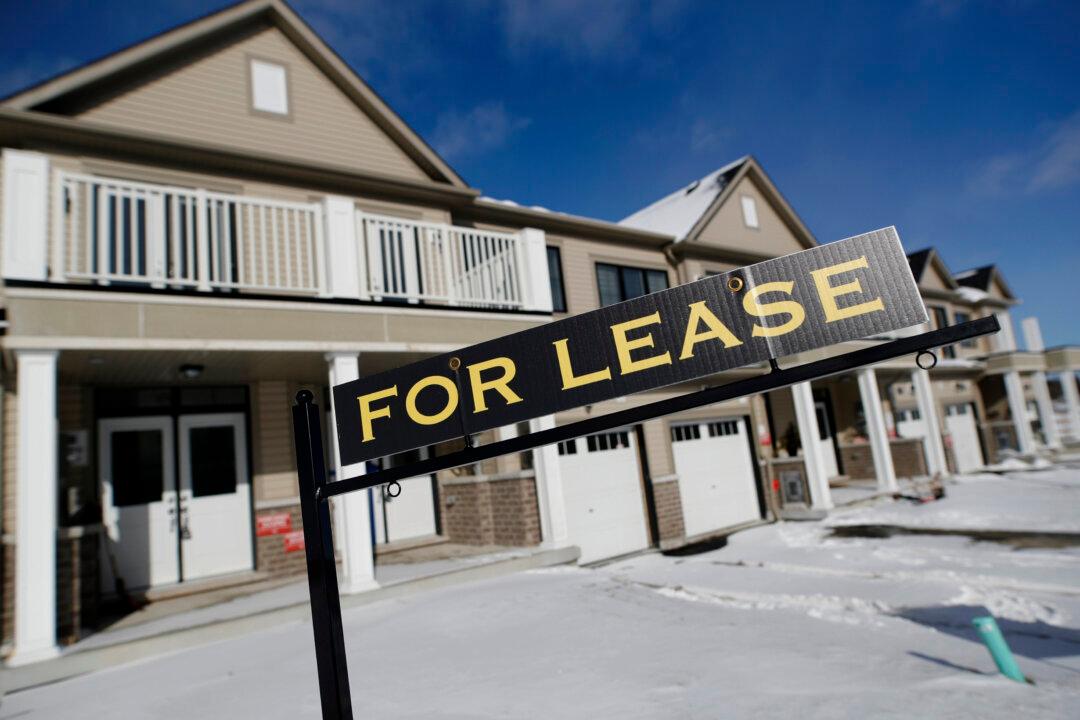Canadian homebuyers are looking for creative ways to buy a house, including co-buying along with a friend or relative, or rent-to-own opportunities, according to a new survey.
Nearly half of Canadians (48 percent) said they would consider non-traditional methods of buying a home in the RE/MAX survey, which was completed by Leger.





